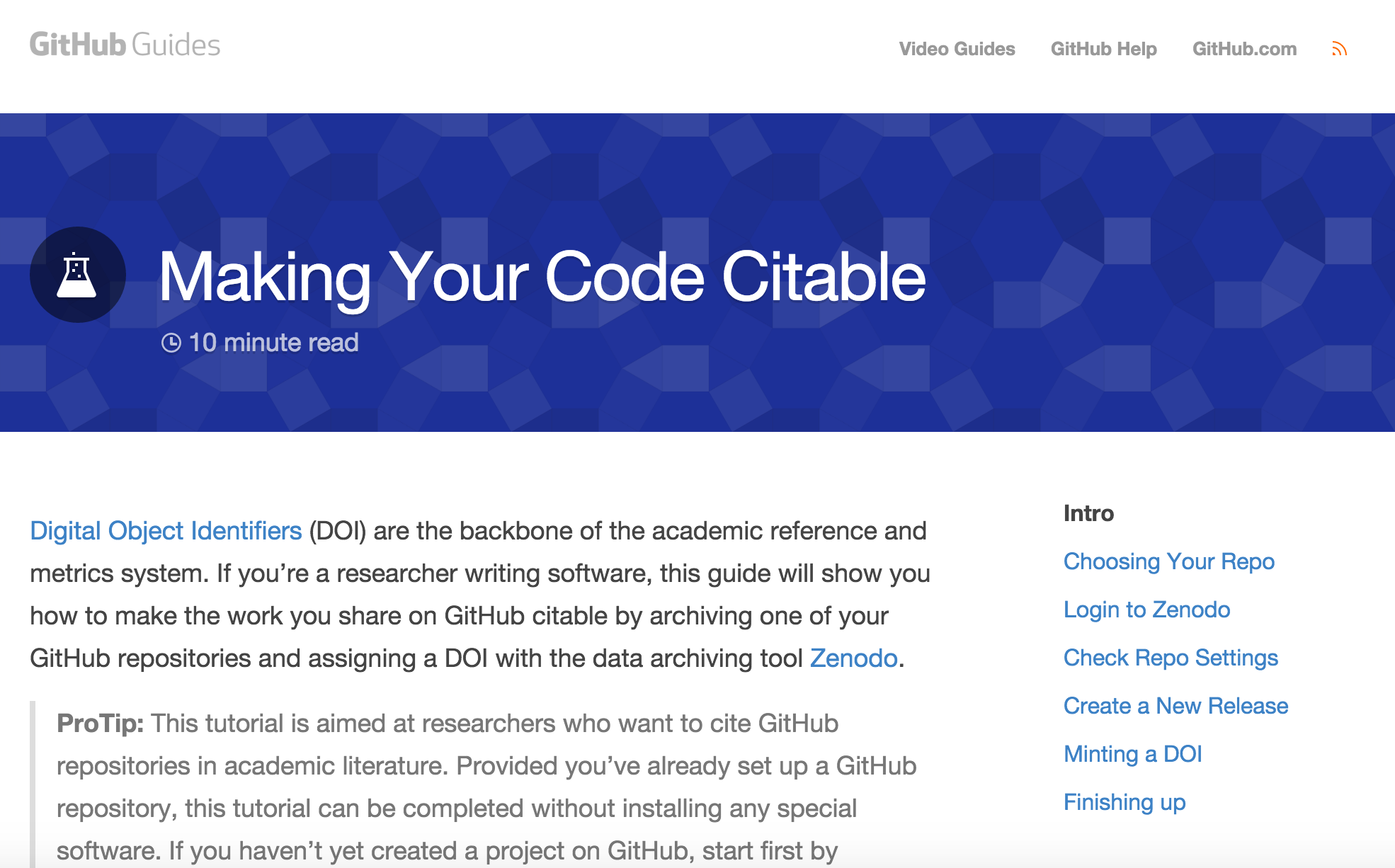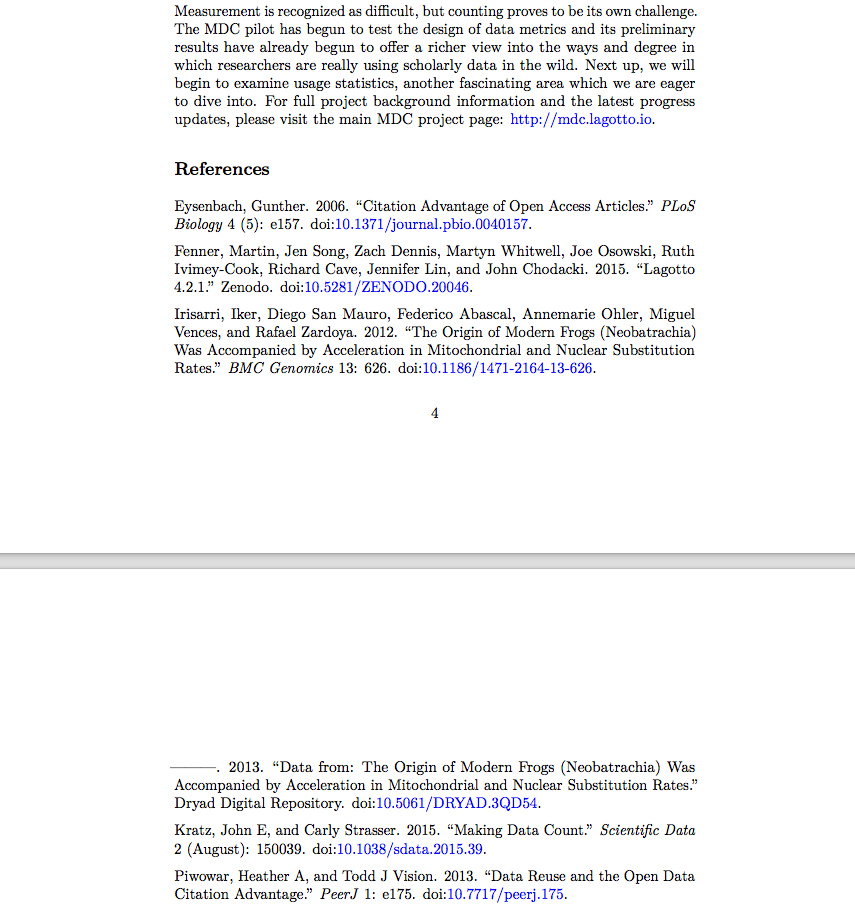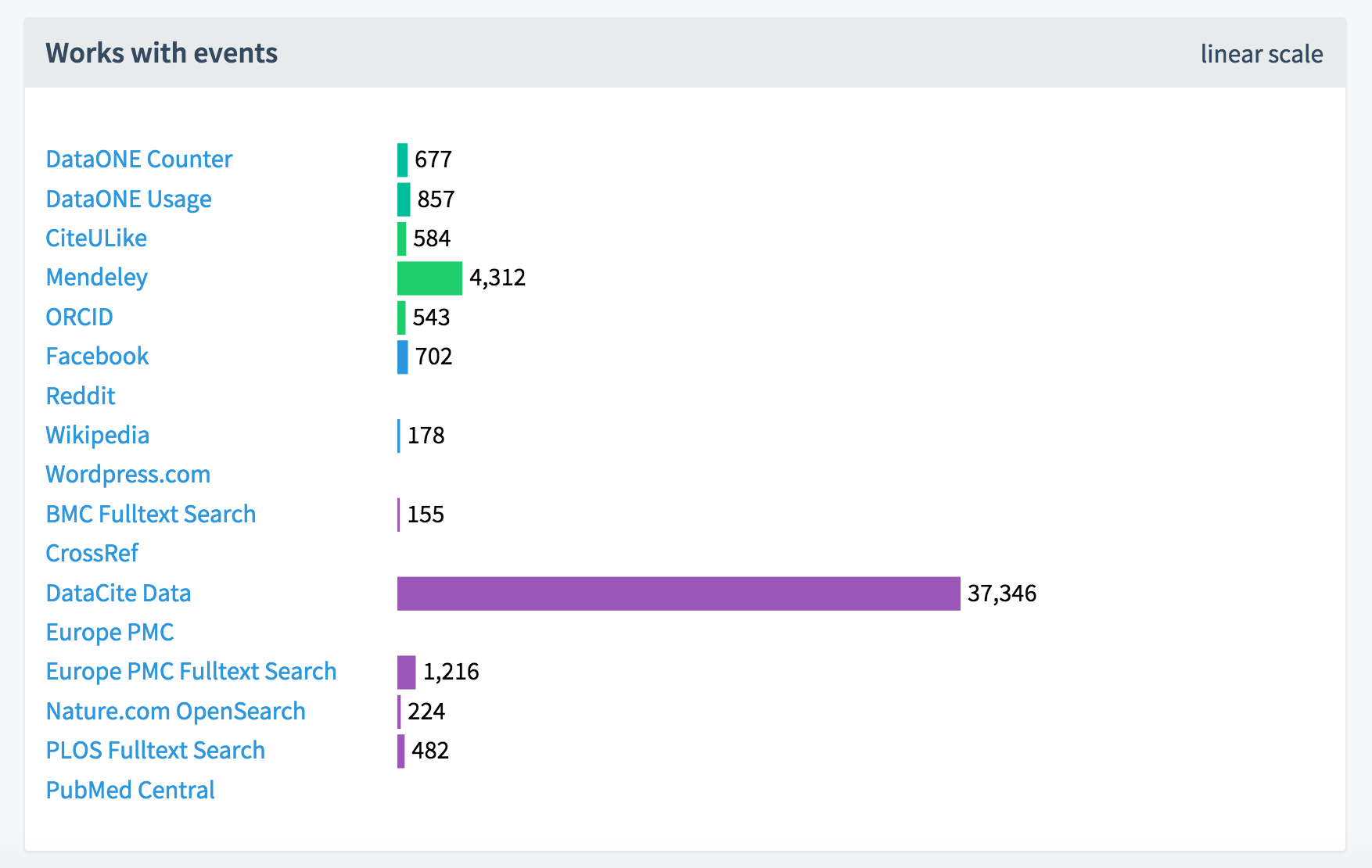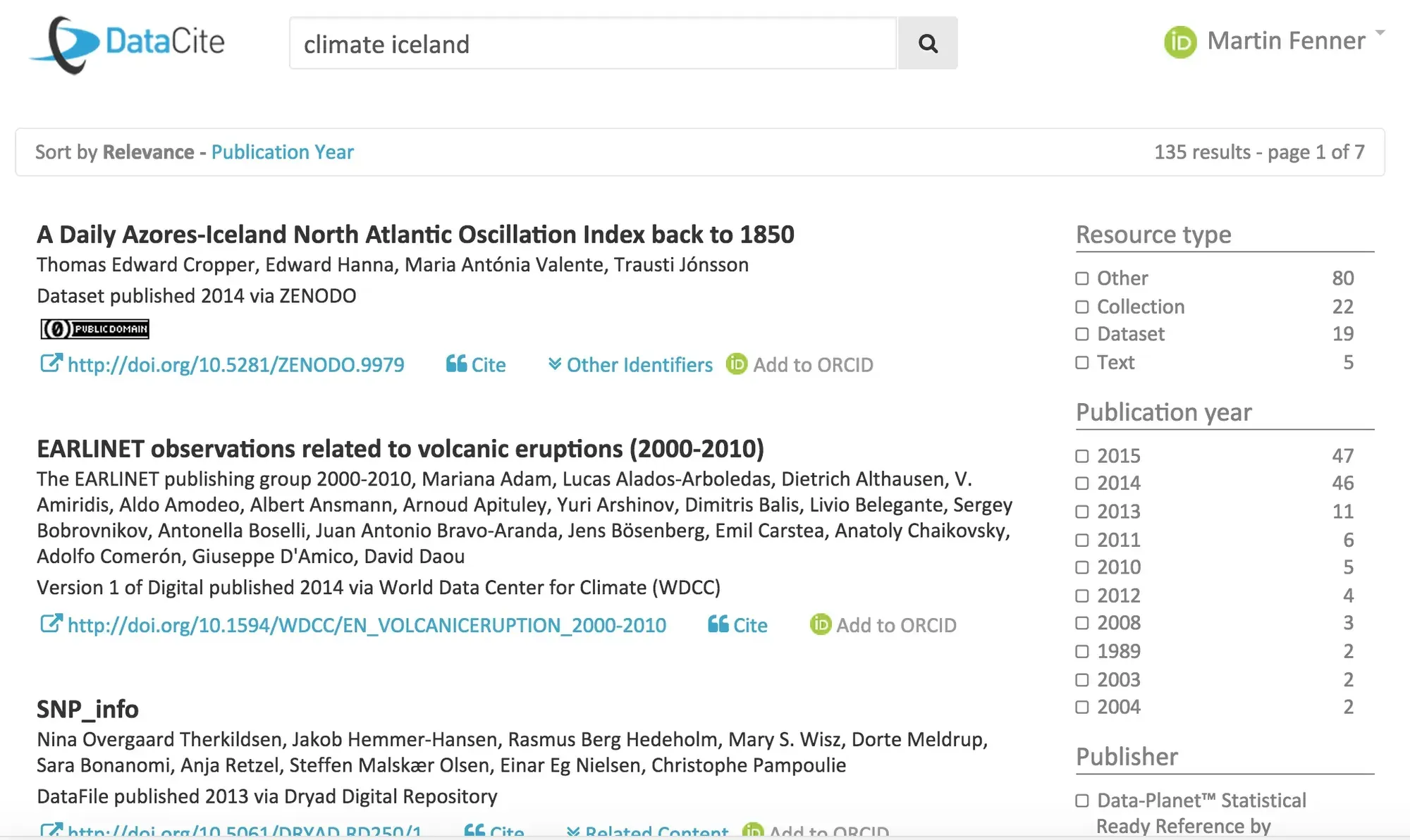
This blog post provides more detail for a short presentation I will give today at the Software Credit Workshop in London. The aim is to look at the infrastructure pieces needed for software discovery and credit, and at the workflows linking these different parts of the infrastructure.








